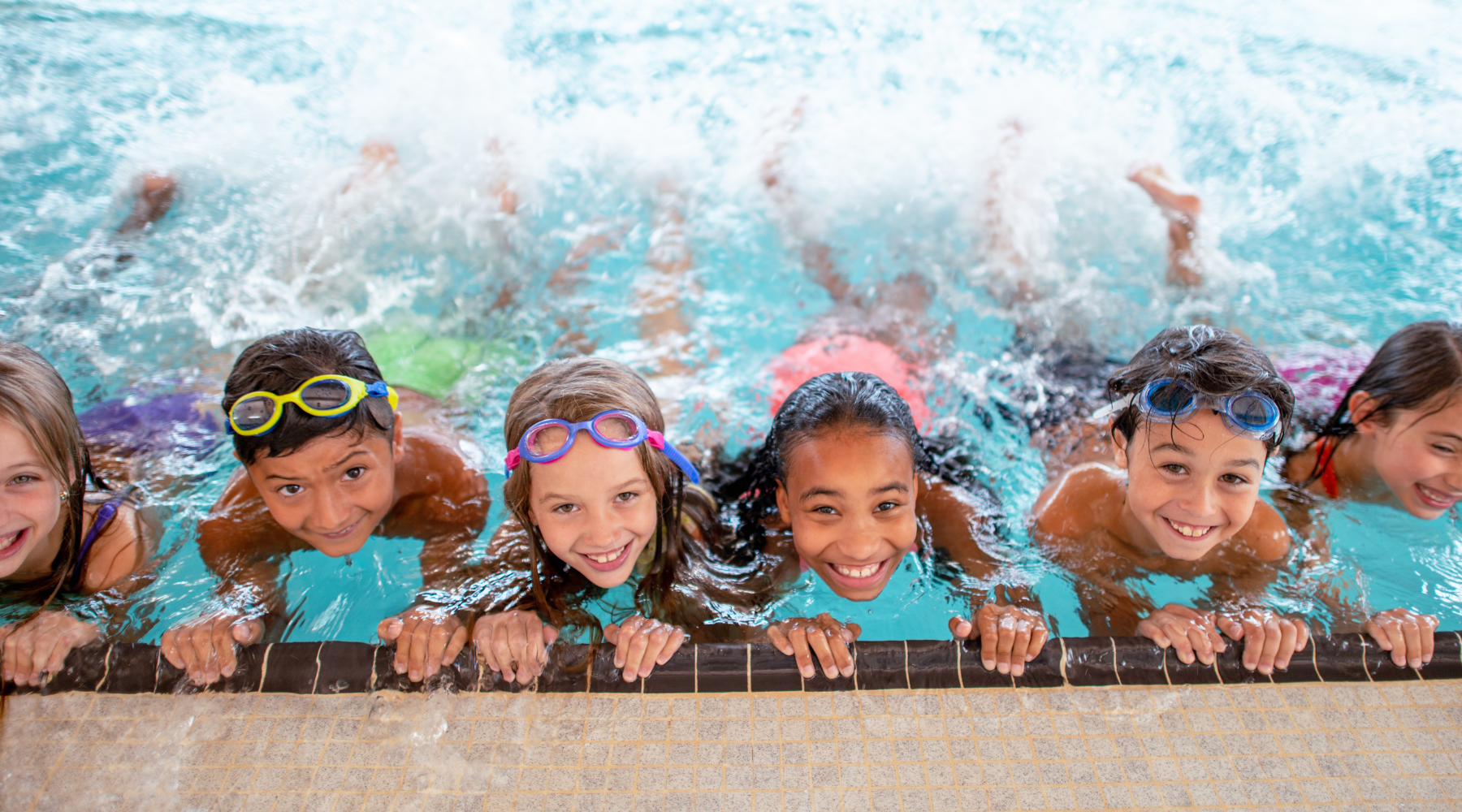Adam’s Journal
With schools out and temperatures surging, we’re in the heart of pool season. From a safety perspective, when is a good time to start teaching children to swim?
Dr. Scofield Prescribes
Water is one of the most effective ways to stay cool when the mercury surges. For kids, water activities also offer a chance to mix fun and exercise.
However, it’s extremely important to protect children around the water. Next to birth defects, drowning is the leading cause of deaths in children ages 1 to 4.
The American Academy of Pediatrics advises that some children can start swim lessons as early as their first birthday. (No, that’s not a typo!)
Kids develop at different rates, so not all will be physically and emotionally prepared at 1 year. Still, by age 4, nearly all children are ready for classes that can help them attain water safety skills and confidence in the water. By 5 or 6, most can master basic swim strokes.
Especially for young children, there are also many other steps you can and should take to protect them from drowning.
One is always having an adult water watcher whose duty – even if there are lifeguards – whose sole job is to pay attention to kids around the water. It’s fine, and even advisable, to switch off with other adults because being vigilant is potentially exhausting. But whoever is on duty should avoid other activities. Most importantly, that means putting down your cell phone.
If you have a pool, be sure it’s surrounded on all sides by a fence that’s at least four feet high, can’t be climbed, and has a gate that closes and latches automatically.
While you might think arm “floaties” would be a good way to protect kids, the Academy recommends against using them, as they offer a false sense of security – both to children and parents. They are not rigorously tested, lifesaving devices; they can’t be relied upon to keep a child afloat, and they can deflate or fall off.
Kids also become reliant upon floaties. So, when you take them away, children can become fearful of the water, which then hinders their ability to learn to swim.
Talk to your local pool about water safety and swim lessons for children. Most kids will be ready by preschool age, and some even sooner.
–
Dr. Hal Scofield is a physician-scientist at the Oklahoma Medical Research Foundation, and he also serves as Associate Chief of Staff for Research at the Oklahoma City VA Medical Center. Adam Cohen is OMRF’s senior vice president and general counsel. Send your health questions to contact@omrf.org.



